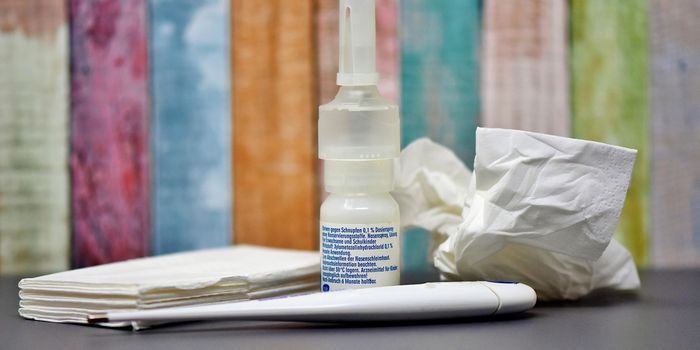Potential ingredient to prevent hyperpigmentation after being treated for varicose veins
Sclerotherapy is a widely-used, minimally invasive procedure for treating varicose veins and spider veins. The process involves injecting a sclerosing agent into the targeted veins, causing them to collapse and eventually be absorbed by the body. While effective, sclerotherapy can sometimes lead to complications, including skin discoloration or hyperpigmentation. This discoloration is primarily caused by the accumulation of hemosiderin, a pigment formed from iron deposits left by ruptured red blood cells. Although rare, skin staining after sclerotherapy can be distressing for patients, impacting their satisfaction with the treatment.
A recent study sought to determine if oral supplementation with Pycnogenol®, a natural plant extract derived from French maritime pine bark, could help reduce the incidence of skin discoloration after sclerotherapy. Pycnogenol is well-known for its antioxidant and anti-inflammatory properties, which can help improve blood circulation and support venous health.
The results of the study showed a significant reduction in skin staining among participants who received Pycnogenol supplementation. The average skin staining score in the Pycnogenol group was much lower than that of the control group. Additionally, the incidence of discoloration was lower in the Pycnogenol group. Specifically, 3.8% of injection sites (16 out of 420) in the Pycnogenol group showed color changes, compared to 8.6% (37 out of 431) in the control group.
The study’s findings support the hypothesis that Pycnogenol can help prevent skin hyperpigmentation following sclerotherapy, but how exactly does it work? According to Franziska Weichmann, Manager of Scientific Communications and Product Development at Horphag Research, “By limiting oxidative stress and inflammation, Pycnogenol minimizes the local deposition of iron and formation of free radicals, which are key contributors to skin staining and hyperpigmentation.”
When the sclerosing agent is injected, it causes controlled inflammation, leading to the collapse of the vein. However, this inflammation can sometimes cause blood cells to leak out of the vessels, leaving behind iron deposits that accumulate in the skin and lead to discoloration. Pycnogenol’s antioxidant properties help neutralize free radicals, while its anti-inflammatory effects reduce local inflammation.
The study offers compelling evidence that Pycnogenol supplementation can significantly reduce skin hyperpigmentation following sclerotherapy. The supplement’s antioxidant and anti-inflammatory properties, along with its ability to enhance venous health, make it an ideal preventive measure against one of the most common cosmetic complications of this procedure.
Sources: Minerva Surgery, Cosmetics Design








